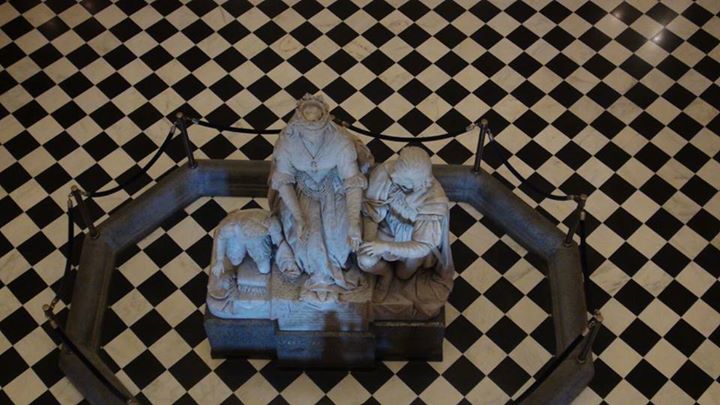
Friday, 21 June 2013
For I know that in me (that is, in my flesh) nothing good dwells; for to will is present with me, but how to perform what is good I do not find. Romans 7:18
It was previously noted that Paul’s personal pronoun “I” is being used to speak of his humanity and thus it is something that pertains to all of us. “For I know” is written to take us back to his statement that he “is carnal, sold under sin.” This is now referred to as his “flesh.” The physical being of man is fallen and in us “nothing good dwells.” This is a state known as “total depravity.” However, this term is perceived by scholars in a variety of ways.
Some go to the extreme that we are utterly corrupt and incapable of doing good or even responding to good. In essence, the image of God in man has been erased or is so significantly marred that we are utterly fallen, corrupt, and wicked. Others see total depravity as the image of God being effaced in man. There is nothing good in and of ourselves, but we can see what is good, respond to what is good, and choose what is good. The image of God is marred, but it is still a noticeable trait of man. A third option is that we are fallen, but there is goodness in us none-the-less.
The first option is obviously incorrect. The Bible states that we must “believe” certain things in order to be saved. The Bible notes that as fallen sons of Adam, we must respond, accept God’s gift, receive, etc. If we were totally depraved, such as Calvinists claim, this wouldn’t be possible. We would have to make up a new doctrine – being regenerated in order to believe, then believing, then being saved. In essence, we would be saved before we were saved. This is convoluted thinking.
The third option isn’t allowed by what Paul states here and elsewhere. We have no innate goodness in us. When something good is marred, it is no longer good. It is defective.
However, there is a suitable middle ground. Man is fallen, the image of God in him is marred, but he has been given intelligence and the ability to see that which is good. With that intelligence, he can choose the good or choose the bad. This is what the Bible shows us, time and time again and in both testaments. It is a category mistake to say that because we are depraved and spiritually dead, that we cannot see what is good and reach out for it. And the rest of Paul’s comments.
Nothing good dwells in our flesh, but “for to will is present with me.” How can someone claim that total depravity requires us to be regenerated first in order to believe? The will, which Paul has already said wants to do good is obviously capable of seeing the good or it wouldn’t will to do good at all! The answer to our dilemma will be found before the end of the chapter. It will explain “how to perform what is good.” The thing that Paul (and thus all of us) couldn’t find is presented to humanity as a gift. As beings with free will, we must reach out and accept this gift.
Life application: Proverbs states, “The first one to plead his cause seems right, Until his neighbor comes and examines him.” (18:17) This is true in many ways, including theology. Listen carefully to various viewpoints, pray for the Lord to open your heart and understanding to the truth, and use the brains God has given you to reject what is wrong. One error in theology invariably leads down paths of more errors. Be sound in your doctrine and be approved in your theology.
Oh my wonderful Lord! As I go about my day, help me to look with new eyes at those around me. You didn’t just come for some and not for others, but You came to redeem any who will follow You. Race, color, national origin – these things don’t matter to You. We all came from one man, our father Adam, and thus we are all people in the same human race. Let my heart look in love at others as You do. Amen.




